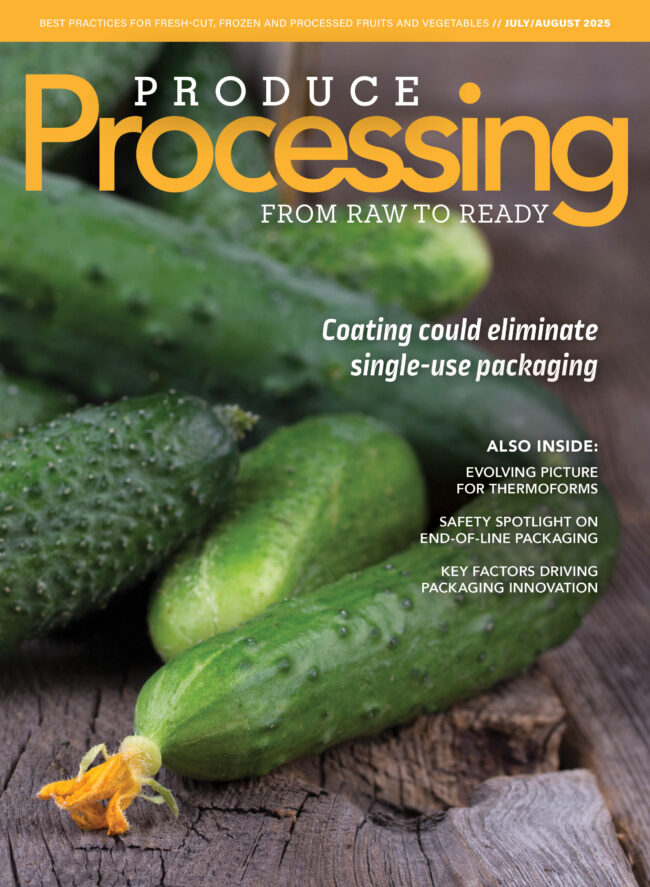USDA teams up with SC to support food resiliency
USDA’s Agricultural Marketing Service has partnered with the S.C. Department of Agriculture to award $4.1 million for 26 projects through the Resilient Food Systems Infrastructure (RFSI) program.
The projects include four infrastructure projects and 22 equipment projects to build supply chain resilience while strengthening local and regional food systems, according to a news release.
The grants will support expanded capacity for the aggregation, processing, manufacturing, storing, transporting, wholesaling and distribution of locally and regionally produced food products, including specialty crops, dairy, grains and other row crops for human consumption, aquaculture, and other food products.
 “We‘ve learned that the American food supply chain is strongest when it’s diversified, and when local farmers and other business owners have some ‘skin in the game,’ ” S.C. Commissioner of Agriculture Hugh Weather said in the release. “These RFSI grants will empower South Carolina agribusinesses to help each other serve new markets, scale up their operations, and create an adaptable food system.”
“We‘ve learned that the American food supply chain is strongest when it’s diversified, and when local farmers and other business owners have some ‘skin in the game,’ ” S.C. Commissioner of Agriculture Hugh Weather said in the release. “These RFSI grants will empower South Carolina agribusinesses to help each other serve new markets, scale up their operations, and create an adaptable food system.”
Projects include:
- Ridgeville Okra Company in Dorchester County will partner with local producers to increase product distribution into new markets across the state with a refrigerated delivery vehicle, ensuring efficiency and freshness along the supply chain.
- Elloree-based Old Tyme Bean Co. will address storage and processing capacity through processing equipment and cold storage, ultimately helping Midlands growers get their crop to market through efficient and sustainable processing operations.
- The Catawba Farm and Food Coalition will support ongoing efforts in rural areas of the Upstate and Piedmont regions through expansion of cold storage facilities and delivery vehicles to aid in the processing and distribution of local products.
- RobinHood Group will establish a commercial kitchen in Union to address the lack of adequate kitchen facilities and equipment for processing local food and creation of value-added products, allowing producers to diversify and gain new market opportunities.










